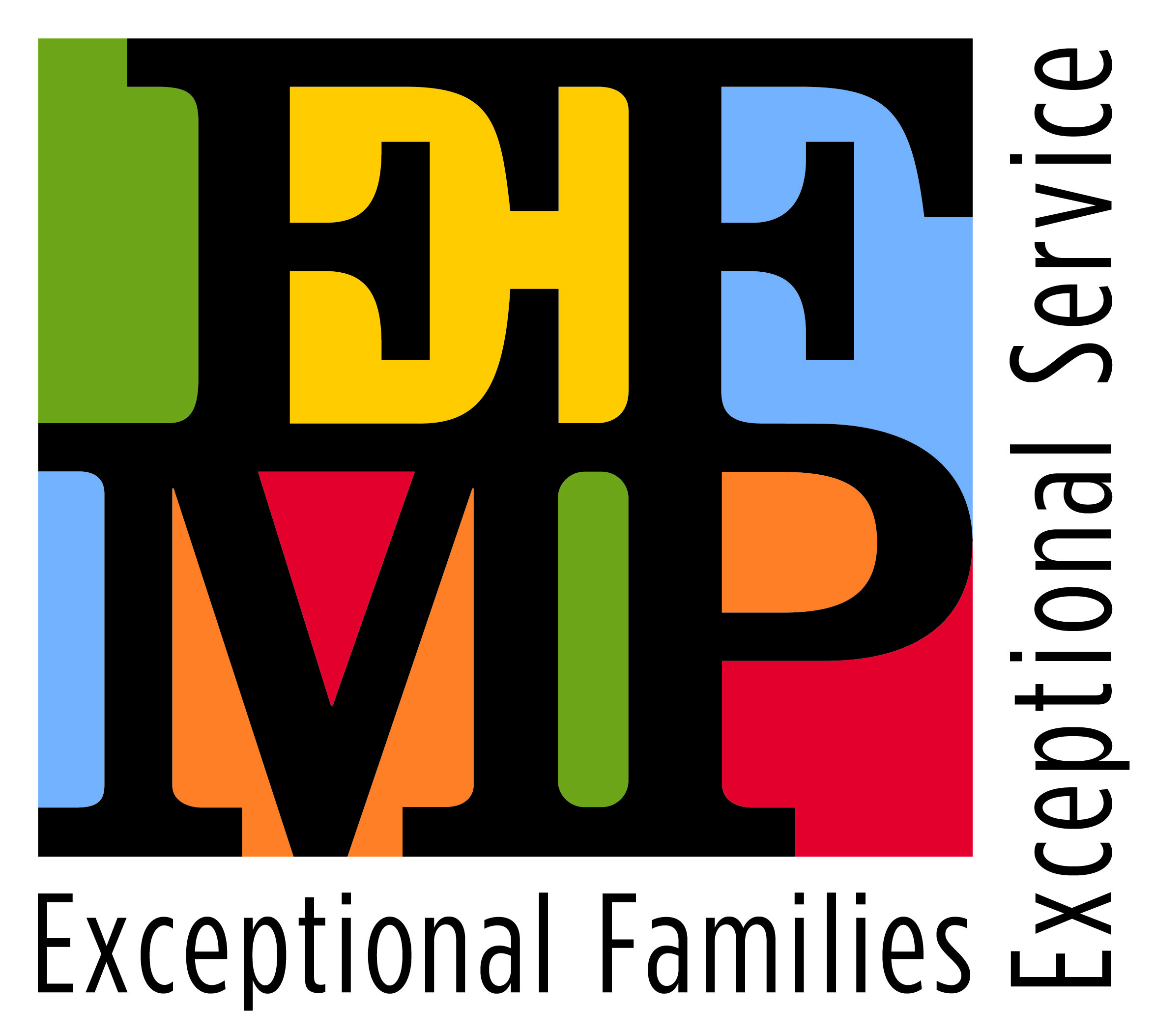By Tammie S. Moore
Fort George G. Meade Public Affairs Office

The Exceptional Family Member Program was created in the 1980s to support families with special needs. (courtesy graphic)
EFMP identification, enrollment
(Editor’s note: This article is part one of a three-part series highlighting the Fort Meade Exceptional Family Member Program. The first article focuses on the identification and enrollment process. The second article will focus on family support services. The third article will focus on the assignment process.)
FORT GEORGE G. MEADE, Md. – A medical or educational special needs diagnosis can come with far more questions than answers for service members.
Families don’t have to navigate for answers to their questions alone when coming to or leaving Fort Meade; the Exceptional Family Member Program agencies are there to provide support and assistance.
The EFMP has three components: Identification and Enrollment, Family Support, and Assignment Coordination. The EFMP organizations work with military and civilian agencies to provide comprehensive and coordinated community support, housing, educational, medical, and personnel services to families with special needs. Locally, the Kimbrough Ambulatory Care Center EFMP staff members work with Soldiers and their families to help identify and coordinate the enrollment of dependents with special medical or educational needs into the program.
“Soldiers' dependents regardless of age, with any physical, emotional, developmental behavior or intellectual challenges that require special treatment, therapy, education, training or counseling on a continuous basis are enrolled in the EFMP,” said Dwayne Watson, KACC medical EFMP case coordinator. “It's very important for me to stress that special treatment means specialty care. Any care outside of your primary doctor is considered specialty care. It is a requirement that they register with the EFMP.”
If a Soldier believes their spouse, child, or a other family member in a dependent status should enroll in the EFMP program they should contact the KACC EFMP staff.
“Enrollment in the EFMP is quite common,” according to the U.S. Army Medical Department website. In fact, approximately 10% of all active-duty Soldiers have family members with identified special needs. Additionally, one in four Soldiers with a rank of sergeant first class or colonel is enrolled in the program.
To enroll in the program families must submit a Department of Defense Form 2792 The Family Member Medical Summary or the DD Form 2792-1 Special Education/Early Intervention Summary. The same form is used to make updates to the EFMP file when a diagnosis changes or there is a change made to the plan of care. The KACC EMFP staff and the Army Community Services EFMP staff can answer questions about the form.
The forms can only be updated every 90 days, so it is important families submitting them have read over and agree with all information their doctor annotates on it. Forms are revalidated every three years or sooner if the family member receives a new diagnosis or a change is made to the health care plan.
The KACC three-person EFMP staff supports all Soldiers assigned to Fort Meade. The staff will work with service members and their spouses to enroll exceptional family members into the program, update paperwork, and provide guidance on the family member travel screening process for overseas travel.
“We prefer a professional email due to the encryption,” Watson said. “We have to be mindful of patient privacy, so if we are sending medical information we usually send it through DoD Safe. We will send forms and basic communication to a personal email of a spouse or a service member.”
The KACC staff encourages Soldiers and their dependents who have questions about the identification and enrollment process to reach out to them.
“Our job is to really help you,” said Dr. Denise M. Richardson, Kimbrough Ambulatory Care Center chief, medical operations and a child, adolescent and adult psychiatrist. “We want to help the service members. We want to help the families. We want to work with you.”
For more information about the EFMP identification and enrollment process, call 301-677-8025 or visit the office Monday through Fridays from 7:30 a.m. to 4:30 p.m. at KACC.





